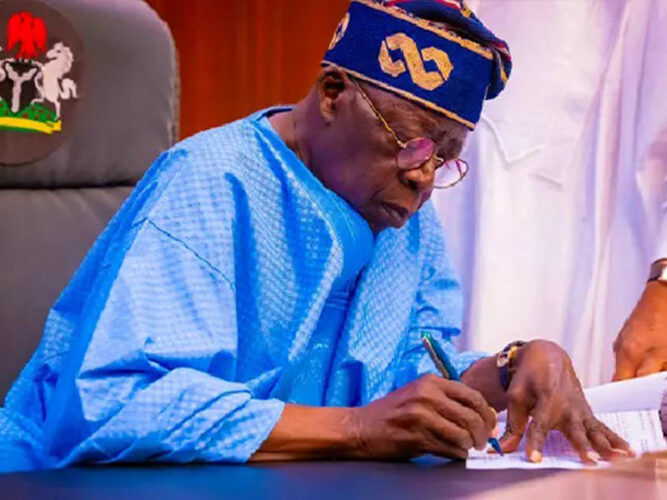The Federal Executive Council (FEC) has approved N4.8 billion for the procurement of 150,000 HIV treatment packs, ensuring uninterrupted care for people living with the virus. This decision, announced after the FEC meeting on Monday, reflects the government’s commitment to strengthening domestic funding for HIV treatment amid shifting global aid policies.
The move comes in response to concerns over recent US policy changes affecting the President’s Emergency Plan for AIDS Relief (PEPFAR), a key source of HIV funding in Nigeria. Coordinating Minister of Health and Social Welfare, Muhammad Pate, emphasized the importance of sustaining HIV treatment efforts as international funding dynamics evolve.
Pate noted that while global partners have long supported HIV treatment, the federal government is now prioritizing direct investments in life-saving interventions for People Living with HIV (PLHIV). “This is an important signal that the federal government is committed to ensuring that life-saving treatments remain accessible, despite the changing dynamics in external support,” he stated.
Nigeria’s HIV/AIDS response has benefited significantly from international donors, particularly PEPFAR, which has provided billions of dollars in funding over the past two decades. However, a temporary suspension of PEPFAR funding followed an executive order by former US President Donald Trump, which paused multiple foreign aid programs and put millions of beneficiaries at risk.
US Secretary of State Marco Rubio has since granted an “emergency humanitarian waiver,” allowing PEPFAR to resume operations in 55 countries, including Nigeria. Despite this, the uncertainty surrounding global aid prompted the Nigerian government to develop a sustainability plan to safeguard HIV treatment programs.
Pate disclosed that the FEC discussed the implications of US policy changes on health initiatives, particularly those addressing HIV, tuberculosis, and malaria. In response, the government has formed a committee comprising representatives from the Ministries of Finance, Health, Defense, and Environment, alongside the Governors’ Forum, to develop a transition and sustainability plan.
“This is to ensure that Nigerians receiving treatment do not face disruptions,” Pate explained, adding that the committee will assess the impact of US policy shifts and devise strategies to maintain critical health programs.
While acknowledging the significant contributions of the US over the past two decades, Pate stressed that Nigeria is preparing to reduce its reliance on foreign aid. “While we greatly appreciate the support of the US government and look forward to continued collaboration, Nigeria under President Bola Tinubu is focused on transforming the health sector through national systems and domestic financing,” he said.
The ultimate goal, according to Pate, is to ensure that no patient currently receiving HIV treatment is left without care as the country strengthens its healthcare system through sustainable local funding.









